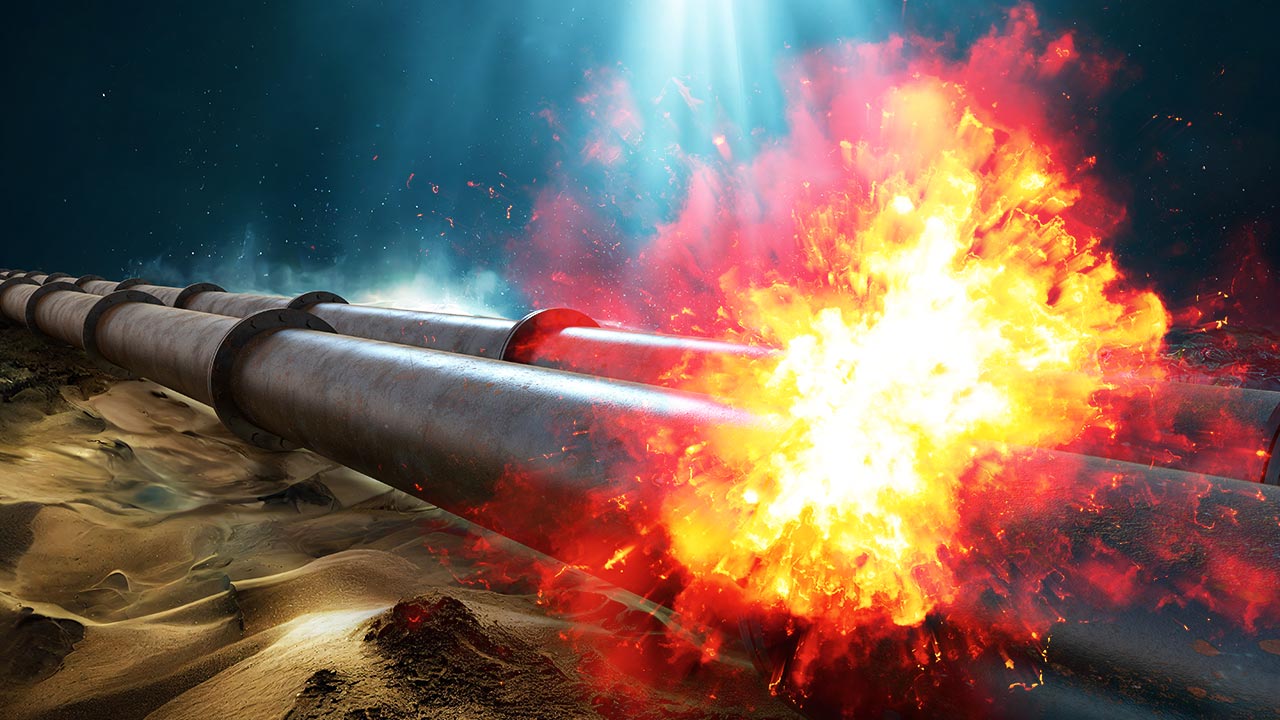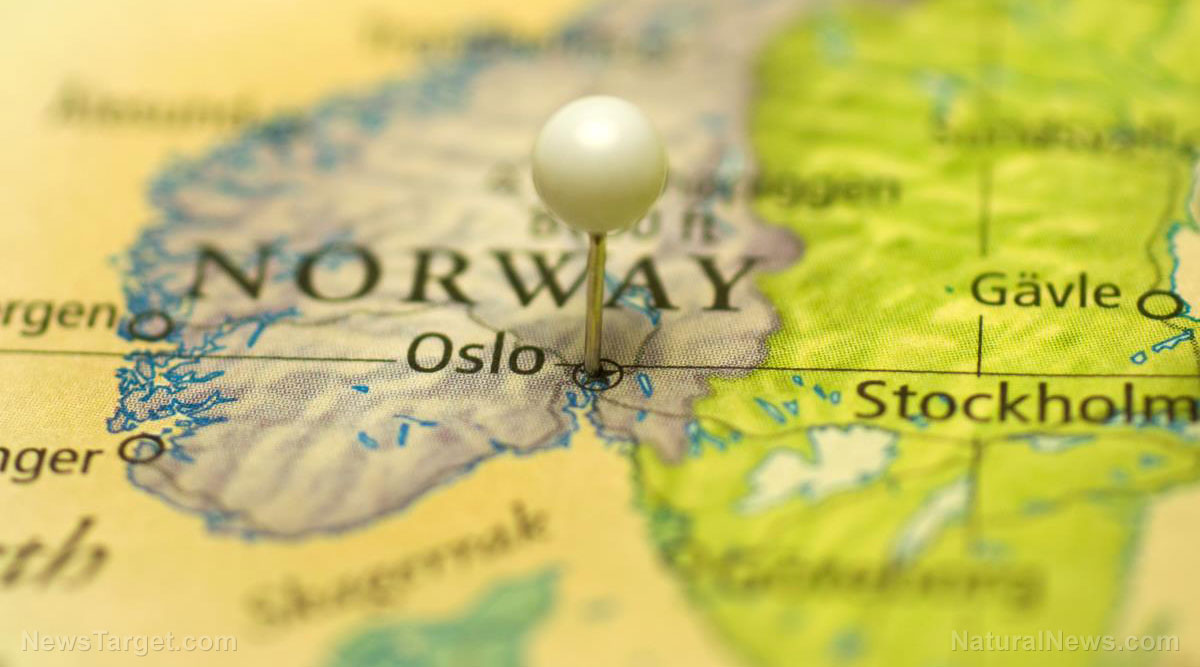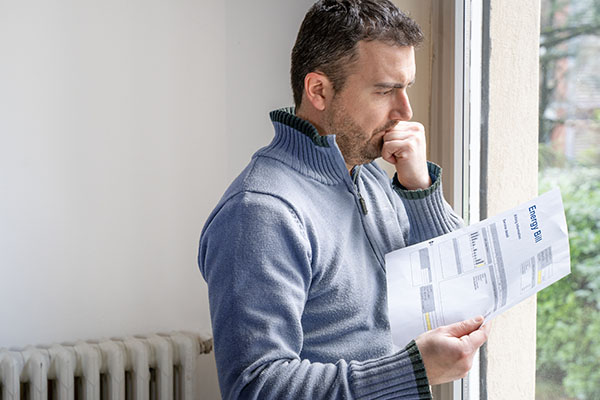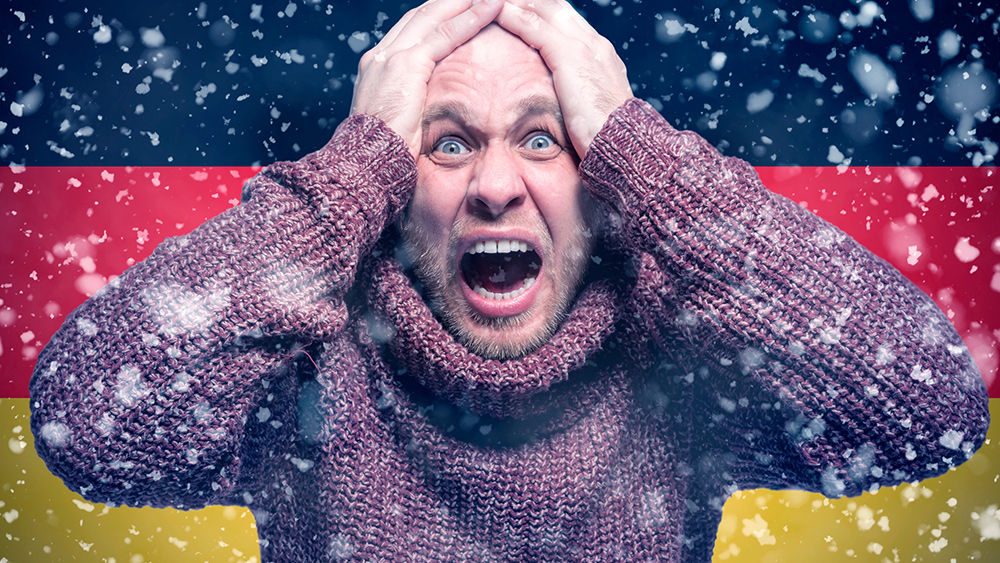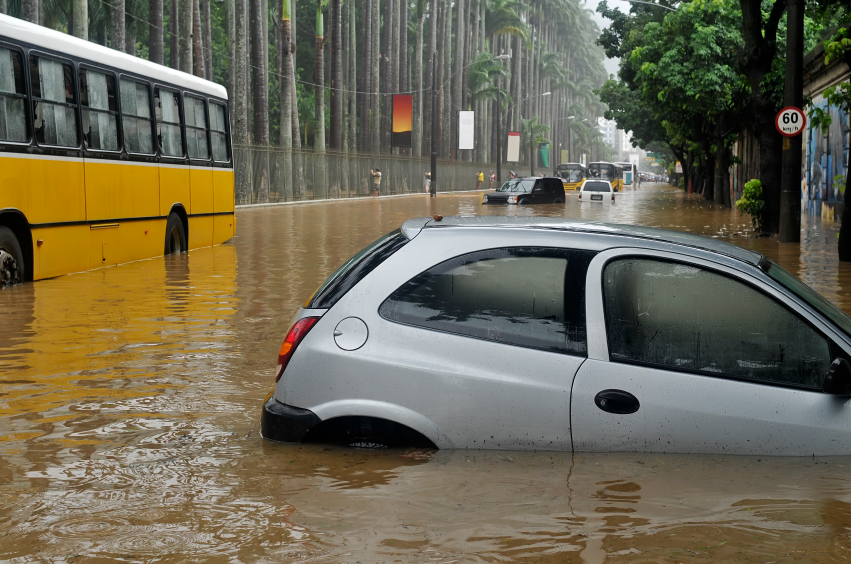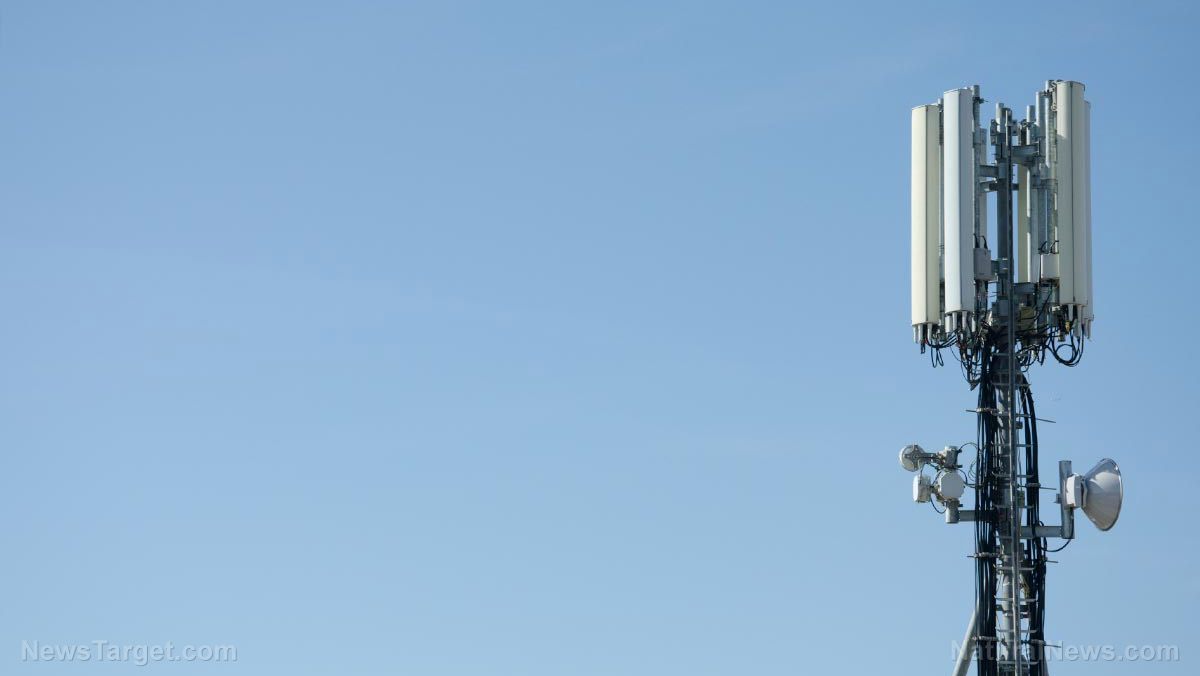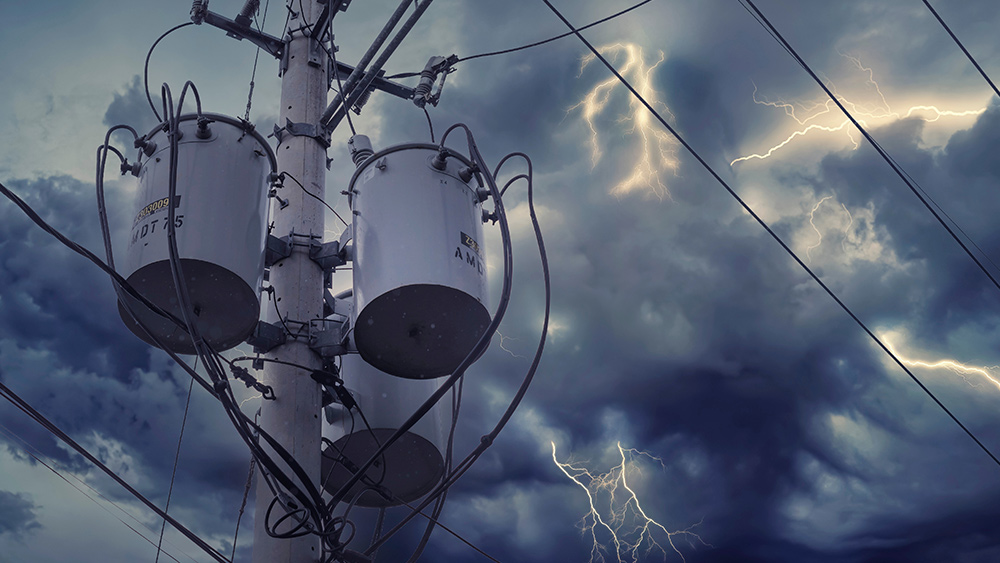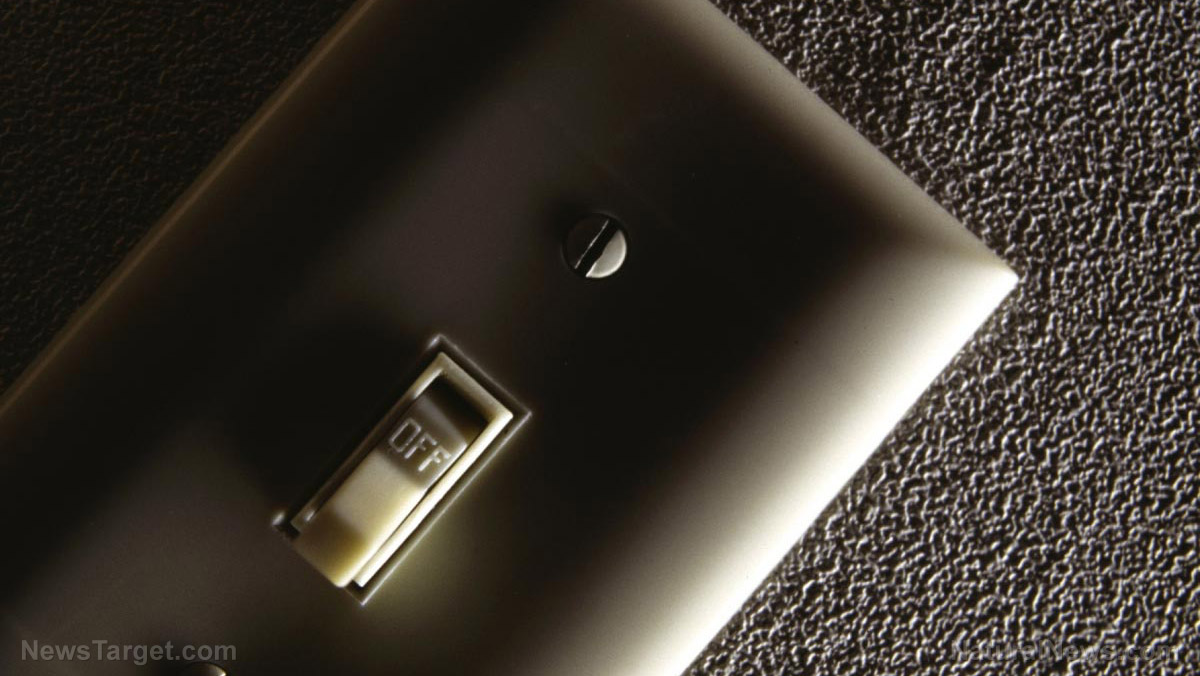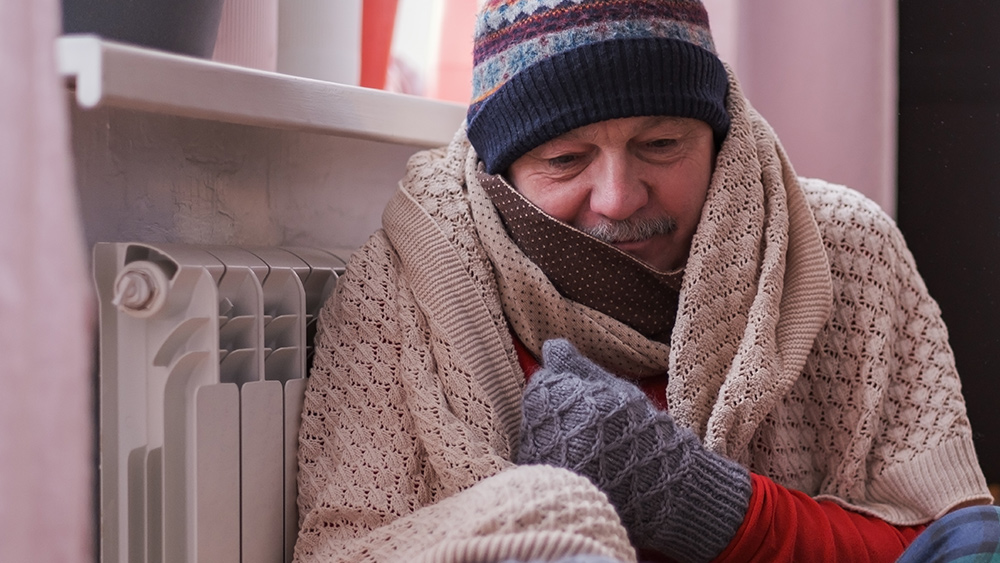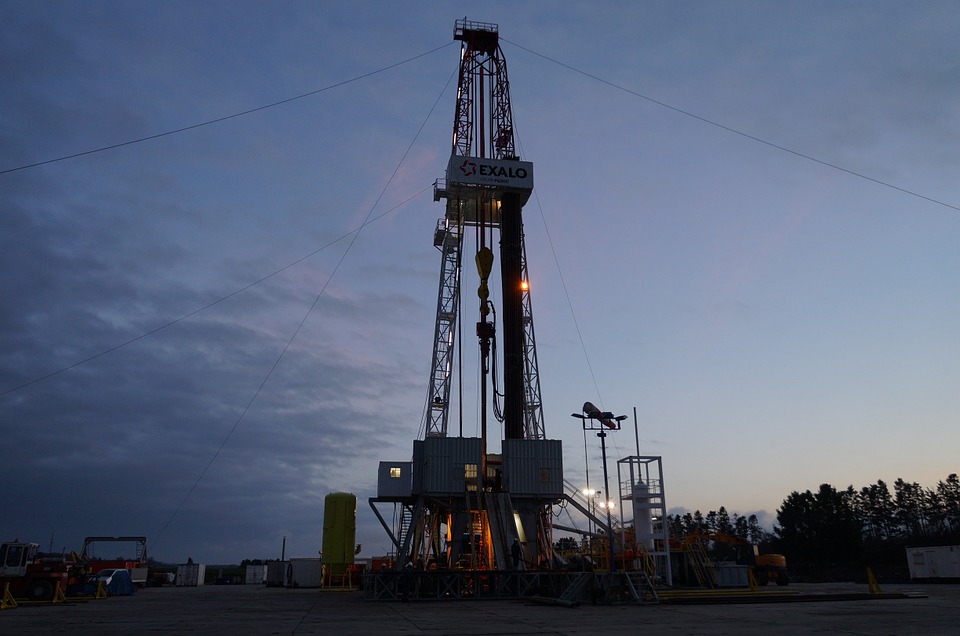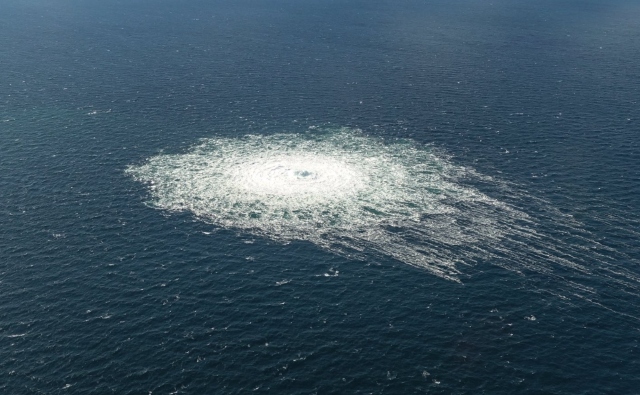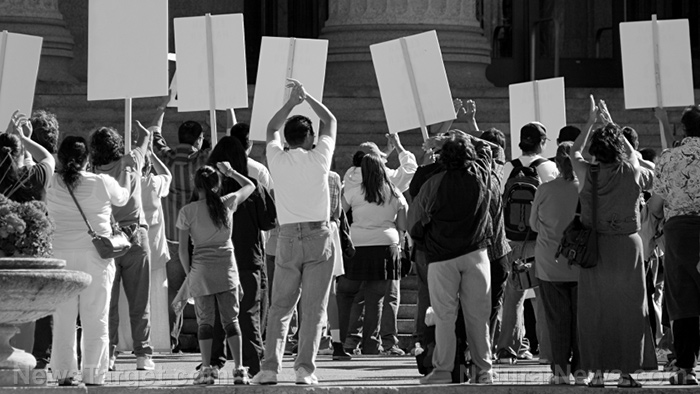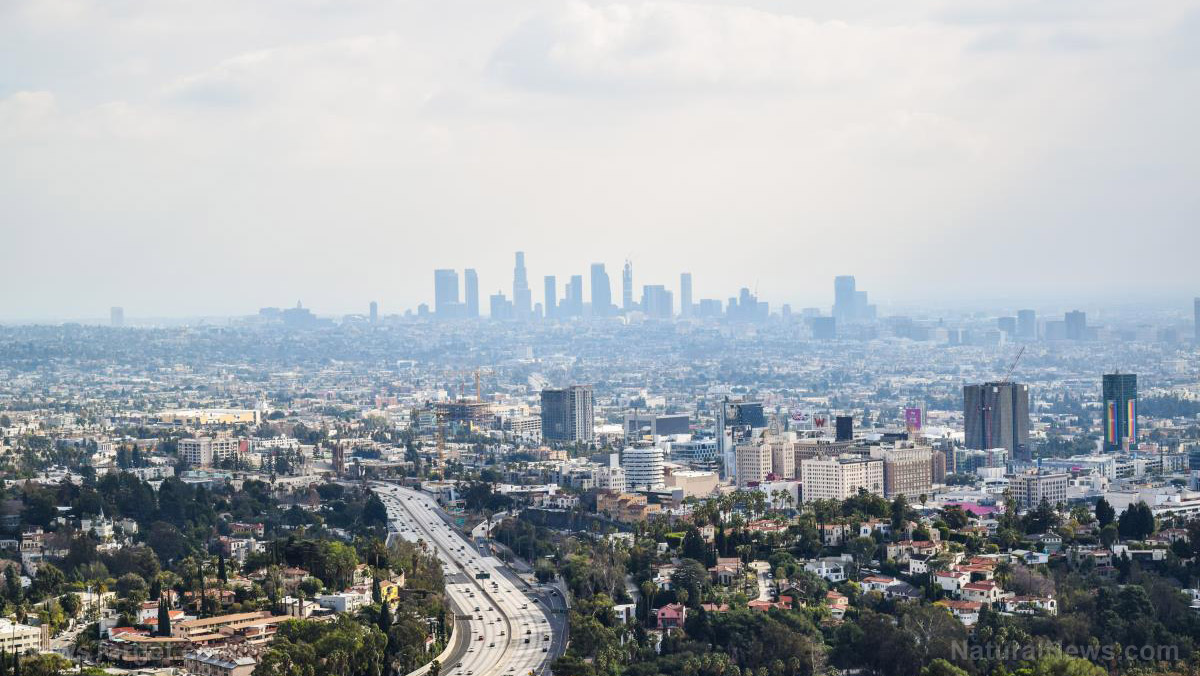Winter gas shortage inevitable as Germans turn on the heat early due to September cold wave
10/05/2022 / By Kevin Hughes

Germans have turned on the heat early because of an unexpected cold wave in September, consuming about 14.5 percent more gas than in previous years. This raises fears that a gas shortage in the winter is unavoidable.
With Russia’s gas supply to Europe coming to a halt, German authorities have asked their citizens to cut down on their natural gas consumption right away. “With a little luck, we’ll make it through the winter,” said German Economics Minister Robert Habeck.
Germany’s September temperature ended up almost half a degree cooler than normal based on the preliminary findings from the DWD, Germany’s national weather service.
The DWD reported that “the mean temperature in September 2022 was 13.4 degrees Celsius (56.12 Fahrenheit).” In comparison with the 1991 to 2020 reference period, the negative deviation was 0.4 C (32.7 F).
The bad news is that the latest cold has caused gas consumption to rise 14.5 percent higher compared to the past years.
“While some residential and commercial gas consumption was well below average consumption levels in previous years through mid-September, last week’s 483 GWh/week was well above the 2018-2021 average (422 GWh/week; +14.5 percent),” the country’s Federal Network Agency stated.
“Savings will have to take place even if temperatures continue to fall. Without significant savings in the residential sector as well, it will be difficult to avoid a gas shortage in winter,” said Klaus Müller, the Federal Network Agency (FNA).
But the wet September isn’t all that bad for drought-stricken Germany. The country saw around 100 liters per square meter (l/m²) of precipitation on average – about 155 percent of the 1991 to 2020 reference period (64.5 l/m²).
“As a result, there was finally a marked easing of the situation in the drought-stricken regions. It has been the wettest September since 2001, with monthly totals of over 200 l/m² in the low mountain ranges and the Alps. At the highest altitudes, the first flakes even fell,” the DWD said in a media release.
Germans must reduce gas consumption to prevent shortage this winter
According to the FNA, Germans have been consuming too much natural gas and must reduce consumption to prevent a shortage this coming winter. To prevent a possible gas shortage, a reduction of at least 20 percent in consumption is required. With consumption patterns changing fast, “savings must also be made when temperatures continue to fall and that is not a sure-fire success,” Müller said.
The warning came as Germany continues to accumulate gas with storage levels at 91.5 percent of capacity. The Nord Stream pipeline shutdown has forced Europeans to rush for enough supplies to survive the coming winter. (Related: Western Europe forced to abandon failed “green” energy as Russian gas flows stop; Germany restarting coal power stations)
Meanwhile, German Chancellor Olaf Scholz declared last Sept. 29 that there will be a price cap on natural gas, stating prices for consumers have to come down. That could make it tougher for households to save gas, since lower prices encourage more energy use.
The German government will also give financing of up to 200 billion euros ($196 billion) for an “economic difference shield.”
Habeck said Germany’s gas price brake will cover only 80 percent of normal household usage to urge consumers to save energy and hold off a possible shortage.
“For the upper 20 percent of normal consumption, you will certainly have to pay the full bill,” Habeck told Deutschlandfunk radio on Friday, Sept. 30. “In spite of the ‘economic defensive shield’ declared by the government, we are not going to subsidize the price of gas down to what it was in 2021, not for a very long time.”
Follow FuelSupply.news for more news about the energy crisis in Germany and the rest of Europe.
Watch the video below to know why Germany approved turning off heating and lighting this winter to limit the use of gas.
More related stories:
Gas flows from Russia to Germany halted INDEFINITELY following Gazprom force majeure declaration.
EU energy ministers agree to reduce bloc’s electricity consumption by 10%.
Sources include:
Submit a correction >>
Tagged Under:
chaos, climate, collapse, energy supply, environment, Europe, fuel shortage, fuel supply, gas shortage, gas supply, Germany, natural gas, Nord Stream, Olaf Scholz, panic, rationing, Robert Habeck, scarcity
This article may contain statements that reflect the opinion of the author
RECENT NEWS & ARTICLES
NewEnergyReport.com is a fact-based public education website published by New Energy Report Features, LLC.
All content copyright © 2018 by New Energy Report Features, LLC.
Contact Us with Tips or Corrections
All trademarks, registered trademarks and servicemarks mentioned on this site are the property of their respective owners.

